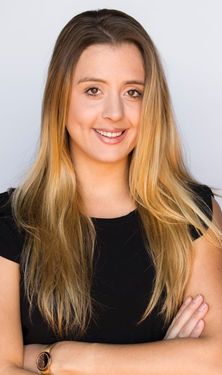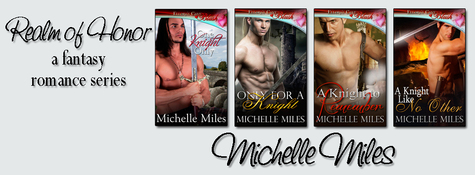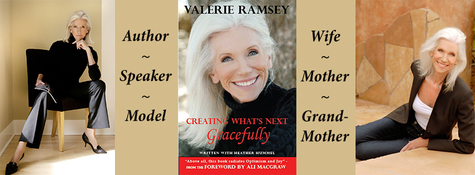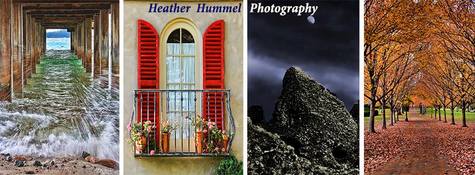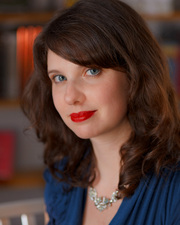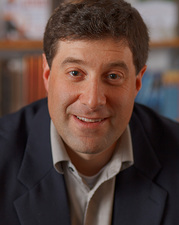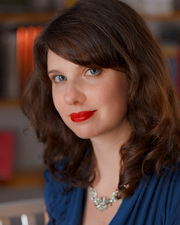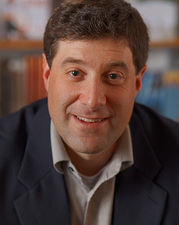Due to social media, an
author photo connects authors with their audience now more than ever.
Since these images are not only long lasting on books, but are also
shared on social media outlets, isn't it worth making sure they're
great? The answer ought to be an obvious: "yes!" So, why are there so
many unprofessional author photos out there, when it is the one visual
expression that says: "This is the person who created the work you're
about to read,"?
A quality author photo is one of the most
important aspects of becoming an author, and yet it often slips through
the cracks. Indeed, there are some very professional, well done author
photos out there, but for as many great ones, there are a plethora of
faulty ones. I am not one to use clichés, but as a photographer, I
completely agree that a picture does say a thousand words. I look at it
this way: If an author is trying to attract readers to read the tens of
thousands of words they've spent months or years writing, they should
use their best author photo possible.
This is where my experience as a photographer lets me address the author photo from both sides of the lens.
If
you spend months or years writing a book, spend at least a day
preparing for your author photo, because it is a critical part of your
brand. Here is my take on some common problems and their solutions.
Problem: Too serious of an expression.
Some
authors' facial expressions are overly serious -- as though such an
expression depicts intelligence and print worthiness. Yet, depending on
their genre, a serious expression isn't always appropriate.
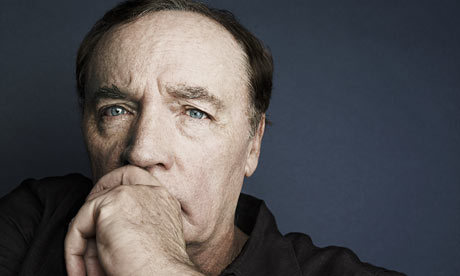 Photo Credit: Rankin
Photo Credit: Rankin
For James Patterson, author of
Truth or Die
,
Zoo
, and countless other books, it completely works. But, if you are a romance author, it won't work.
Solution: Genre considerations.
Before
going into a photo shoot, consider your genre and what overall tone it
depicts. If you are indeed a romance author, a pleasant expression of
contentment is more acceptable than an intense and serious expression.
This is one genre that the head tilted to the side and looking off into
the distance, works. If you're a thriller writer, go for the intense,
James Patterson-type expression. No matter what, keep your expression as
natural as possible. A forced expression of any kind will be picked up
by the camera.
Problem: Unflattering pose or posture.
When the camera is on you, pay attention to your body language. An
author with their arms crossed will come off as defensive. Not everyone
is "a natural" in front of the camera, but simple body language concepts
go a long way with author photos.
Solution: Depict an inviting image.
A
simple change in position can make a big difference. For example, a
person's arms crossed over their lap, while leaning into the camera, is
more inviting than arms crossed over a chest and standing upright.
One
common pose that works is when an author candidly places their hand on
their chin or temple. This is surely an expression of thinking, which is
true -- thinking about what to write next is a huge part of being an
author. Be sure the look is authentic and not forced, which borders on
cliché.
Women, as mentioned above, have the habit of tilting
their head to the side, gazing at the camera or off into the distance.
This does work for certain genres.
Problem: Photo processing.
An
image that is off in tone, color, exposure and contrast/brightness,
will look unprofessional. These are common problems that are usually
fixable by someone who is talented with Photoshop. The ones that
frighten me the most, however, are photos where the flash lights up the
author's face in all the wrong areas (i.e. forehead and nose).
Solution: Hire a professional photographer.
A
professional photographer will help with not only producing a quality
image, but they should also be able to assist with body language and
posing.
In terms of a color versus black and white image, many old
school male authors tend to lean toward black and white. This can be a
great choice, and is often more flattering for those who have a few
decades behind them. However, if you are a romance author, I believe
your photo should be in color. If you're starting to see a trend between
the relevance between genre and your author photo, give yourself a pat
on the back.
Problem: Cluttered background.
The
backgrounds that scream amateur are the ones with merely a white wall
behind the author, or worse yet, but still a popular pick, the author
standing in front of shrubbery (oops, did I just describe your own
author photo?) Don't get me started on the backgrounds with too many
distractions, like a plate hanging on the wall next to their head, or
curtains that have busy patterns or aren't framed right in the image.
Solution: Find a background that enhances, not distracts from, your portrait.
For
the most professional results, it makes sense to hire a professional
photographer. One great example is that they will know how to work with
depth of field. Using "shallow depth of field" in your image will blur
out your background, making you pop. "Large depth of field" keeps
everything in the background in focus. A busy background, especially one
that is in focus, competes with the main subject -- you!
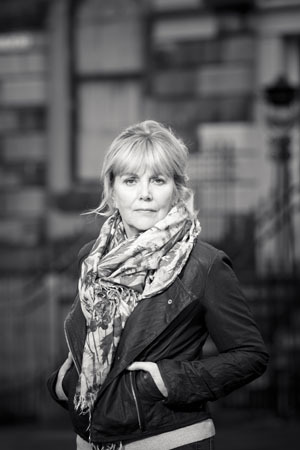 Photo Credit: Euan Myles
Photo Credit: Euan Myles
I love this photo of Kate Atkinson, author of
Life After Life: A Novel
, among others
. The background is relevant and doesn't compete with, but enhances, her image.
Final thoughts: An unprofessional author photo sends the wrong message.
I
realize that I have mentioned hiring a professional photographer as the
solution for some of these problems. The reason is that I strongly feel
that being an author is a business, and much like you would hire a CPA
to do your books, you should hire a professional photographer to take
care of your looks. There are several reasonably priced photographers
out there who can do a great job. Don't ask a friend or family member to
do it unless they have experience as a photographer.
Lastly, I
recommend spending some time browsing Amazon for authors in your genre.
Take notice of what their images depict, and use it to create the visual
you want to send to your readers.
Note: My own author photo was captured by the talented
Doug Ellis at Ribera Beach, C.A.
Follow Heather Hummel on Twitter:
www.twitter.com/HeatherHummel
This post originally appeared on the Huffington Post.



















